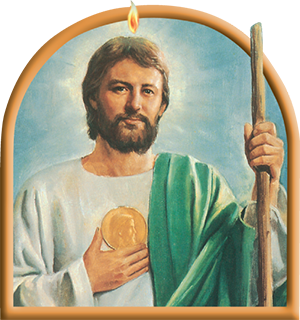What does the church say about cremation?
MARGARET IS IN HER LATE 80s AND HAS DECIDED it's time to plan her funeral. A lifelong Catholic, she's pleased to learn the church permits cremation, which she finds attractive because of its simplicity and, in her case, lower cost.
She is not alone in her choice. In the 1990s cremation was used in 20 percent of funerals in the United States. The number of cremations is rising every year, and in some states cremation surpasses the number of traditional burials. Catholics are tracking this trend.
But it was not always so. In the 1880s the Vatican condemned the "attempt to introduce the practice [of cremation] into Christian society" as "un-Christian and Masonic in motivation." Masonic plots aside, the church lifted its prohibition on cremation in 1963, and the 1989 edition of the Order of Christian Funerals contained prayers for the committal of cremated remains. In 1996 the U.S. bishops requested and received permission from the Vatican to allow celebration of the funeral liturgy with cremated remains in place of the body.
When it comes to celebrating a Catholic funeral involving cremated remains, the church asks that those involved uphold Christian beliefs about death, especially the resurrection of the body and reverence for the body of the deceased. According to church law and teaching, "The church earnestly recommends that the pious custom of burying the bodies of the dead be observed; it does not, however, forbid cremation unless it has been chosen for reasons which are contrary to Christian teaching" (Code of Canon Law) and "does not demonstrate a denial of faith in the resurrection of the body" (Catechism of the Catholic Church).
Those considering cremation have a number of ritual options. The church prefers the body to be present at the funeral liturgy, with cremation and committal of the remains taking place afterward. If cremation has occurred before the funeral, the preference is for the cremated remains to be present at the liturgy, then committed. Third in order of preference is committal followed by the liturgy. Cremated remains should receive the same respect and reverence as a body in their carrying and disposition in a final resting place, always in a cemetery or mausoleum, never scattered or kept in a home.
As they make their final pilgrimage from life through death to fullness of life in God, Catholics today who choose cremation can find their place in the words of the church's funeral liturgy: "In the sure and certain hope of the resurrection to eternal life through our Lord Jesus Christ, we commend to Almighty God our sister, and we commit her earthly remains to their resting place, earth to earth, ashes to ashes, dust to dust. . . ."
Joel Schorn is coauthor of Faith Interrupted: A Conversation with Alienated Catholics, forthcoming from Loyola Press.
